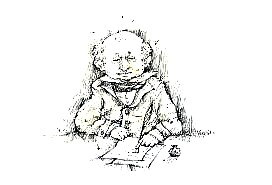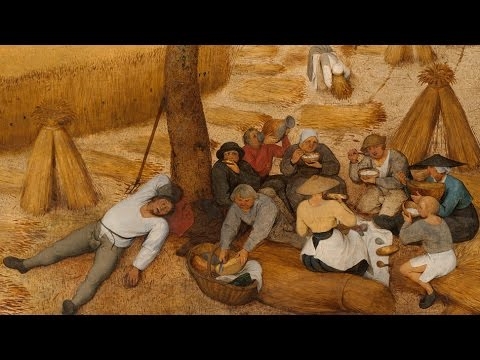Traditions - the centuries-old wisdom of the people, what makes them one and one. However, with the passage of history, living conditions change. Do I need to be faithful to tradition? This question was asked by many authors. I believe that it is necessary, since customs connect generations and preserve history. However, it is worth getting rid of the negative experience of the past.
Starodum, the hero of the comedy D.I. Fonvizin's "Undergrowth", brought up in the traditions of the "old", Peter's time: "Then one person was called you, not you." This upbringing was supposed to rely on personal achievements, not those given by the estate. The main thing is not the rank, but the soul and heart, and this must be sought in people, not personal gain. This is exactly what Starodum thought, which makes him a positive hero, and gives representatives of the next generation an occasion to think about what should be taken into service from the traditions of the past.
In the city of Kalinov, the scene of the drama A.N. Ostrovsky "Thunderstorm", traditions reign and dominate. Everything should be in the old way, in a homeostroy way: the wife is afraid of her husband, he beats her and scolds her for intimidation, the young people treat with respectful reverence to all old people, even tyrants, everything new is dangerous and evil. Observance of these external decencies requires a boar from his adult children and daughter-in-law. Not even the inner content interests her, if only everything would be like the old days. That is why the atmosphere of lies and falsehood reigns in the house, which strangles Katerina, the only rebel heroine who decided to protest against these lying morals at the cost of her life. Blindly following traditions as signs of stability is the road to nowhere.
Thus, traditions deserve attention, but not blind execution. A person should choose the best from the past, but still go forward, into the future. Therefore, fidelity to traditions should be selective, although they are important in transmitting the social experience of older generations.












